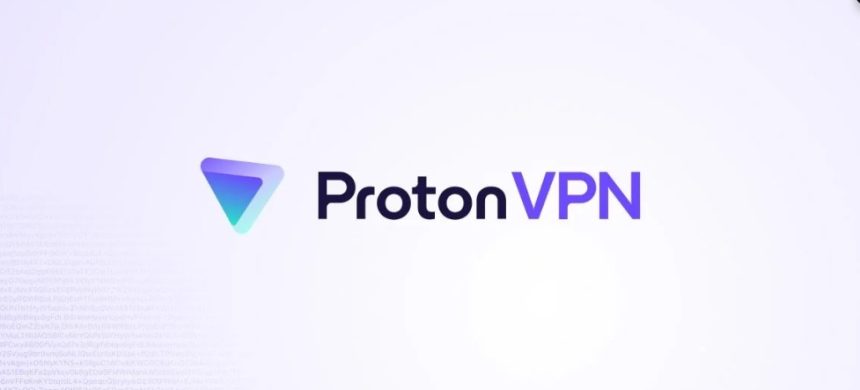UK Sees Explosive Rise in Proton VPN Sign-Ups Amid Online Safety Act Clampdown
A dramatic spike in Proton VPN registrations has swept the UK in the wake of new age verification rules introduced under the Online Safety Act (OSA), raising fresh questions about digital privacy, internet freedom, and the unintended consequences of government regulation.
On 25 July, a new mandate came into force requiring websites that host adult or otherwise age-restricted content to implement stringent age checks for users based in the UK.
These checks range from credit card authentication to facial age scans, measures critics say may compromise user privacy and fuel data vulnerability.
And it seems Brits aren’t taking any chances. From the early hours of enforcement, Proton VPN, the Swiss-based privacy-focused VPN provider, reported an immediate surge in demand.
“From the early hours of Friday 25th, as soon as the Online Safety Act’s age verification rules came into effect, we saw an immediate spike in signups to Proton VPN in the UK,” the company told UKTN.
David Peterson, General Manager at Proton VPN, revealed just how sharp the uptick has been.
“The immediate spike evolved into a sustained +1800% increase for several days and continues to run above our baseline.
Similarly, we have seen an increase in enquiries related to Proton’s business products, possibly owing to increased awareness and news coverage relating to online privacy.”
The surge began almost instantly, with a reported 1,400% hourly jump in sign-ups right after the law came into play. Since then, it’s been a steady climb.
“The UK is now one of the countries generating the highest usage for Proton VPN. This clearly shows that adults are concerned about the impact universal age verification laws will have on their privacy,” Peterson added.
“The sign up spike in the UK follows a similar pattern as when other governments put in place restrictions on communication or social media platforms, and shouldn’t be surprising since services like Wikipedia, Reddit, and X are reportedly being asked to comply with age verification requirements.”
Virtual Private Networks, or VPNs, have long been a go-to tool for those wanting to safeguard their online activity or bypass regional internet restrictions.
With UK users now facing digital checkpoints to access certain content, VPNs offer a workaround, allowing access through servers located in countries where such rules don’t exist.
The Online Safety Act, aimed at shielding young internet users from harmful material, is now under scrutiny from privacy advocates and cybersecurity experts. They argue the law, though well-intentioned, has triggered a wave of public backlash and evasive digital behaviour.
The UK’s VPN rush mirrors trends seen globally. Whenever digital restrictions are tightened, be it through censorship, surveillance, or social media regulation, VPN usage often soars.
Proton’s UK surge may well signal the start of a wider movement. Not just one of rebellion, but of people taking back control of their digital lives. Privacy, it seems, is no longer just a niche concern. It’s mainstream and rising.






